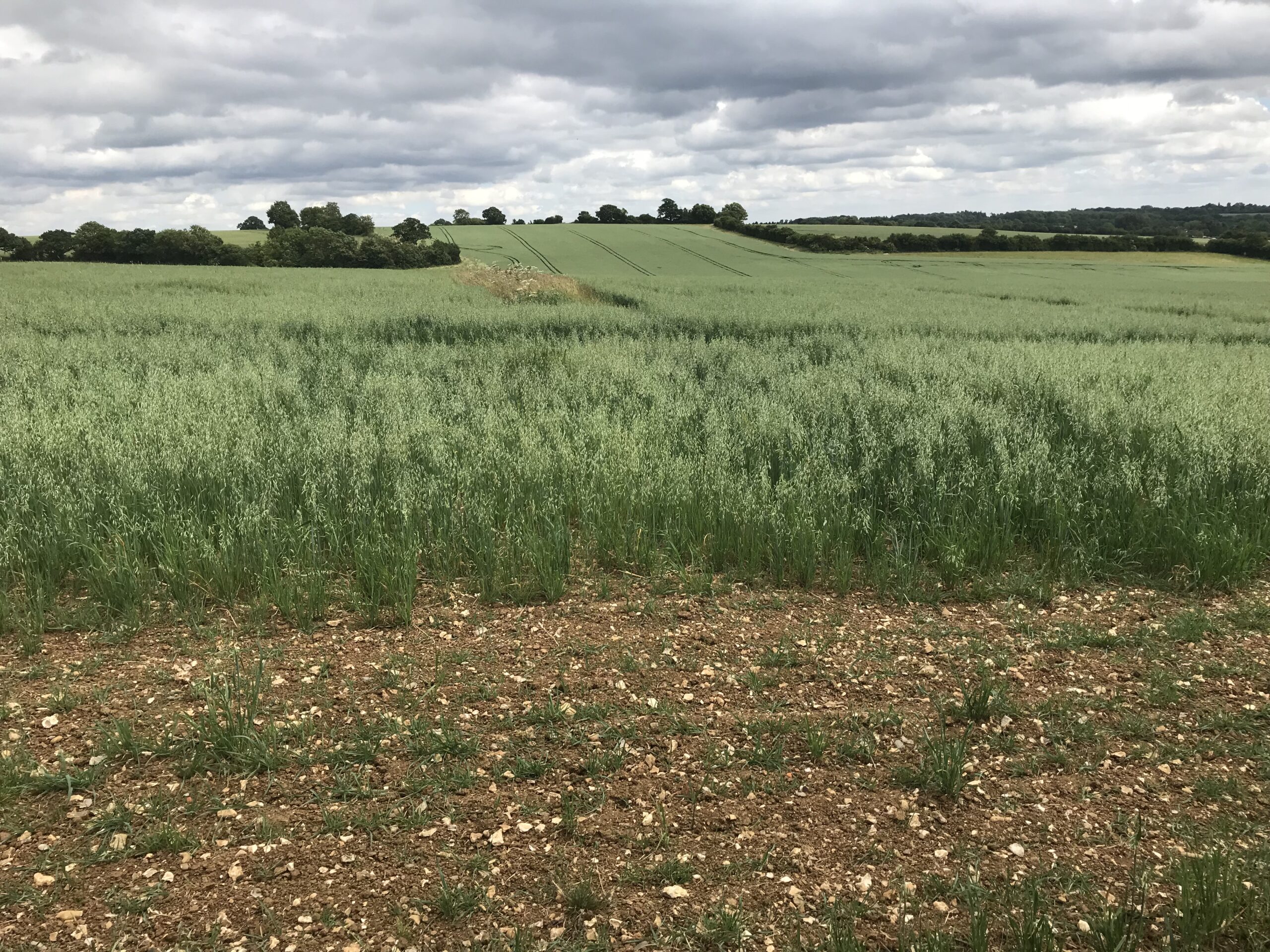How we use and manage our land for multiple benefits that include food, drinking water and flood risk mitigation is crucial to support sustainable societies for human health and wellbeing. Delivering these multiple benefits on farm is dependent upon a sound business model that enables farmers to make a living to support their families. At present, research on natural flood management focuses on how land use and management interventions affect environmental process; less is known about the implications on the wider farm business that is essential to inform decisions made by land owners and managers.
In this PhD project, the student will quantify the likely effect of different natural flood risk management scenarios on agricultural production by developing a Bayesian Belief Network as a meta-model. This will provide key evidence that identifies how and where natural flood management might also benefit food production. This will improve the evidence base for farmers, farm advisors, policy makers and decision makers within the water industry, as the effect on production can be considered alongside flood risk in planning for where and how natural flood management might be implemented.
The model will include the direct effect of changes in practices and land use (e.g. crop choice, tillage practices, tree planting) and the indirect effects due to changes in flood risk. The model structure will be developed by interviewing local farmers to identify the key interactions. The student will then identify data and models that could be used to parameterise the model, and elicit expert knowledge where no data is available.
The approach will develop new methods for bringing together data from different sources into a meta-model and will highlight key uncertainties in current understanding of how changes in land use and management might affect agricultural production.
This PhD studentship is closely associated with the LANDWISE project which aims to assess the potential for natural flood management in the Upper Thames catchment, UK. The studentship offers the opportunity to interact with scientists and partners from a range of disciplines and institutions, and join a wider network of PhD students working on NFM.
The ideal candidate would have strong quantitative skills, be able to program (e.g. in MATLAB, C++ or another comparable language) and have a demonstrated interest in applying these skills to agriculture or environmental science. Training in Bayesian Belief Network will be provided if necessary.
We strongly encourage you to make informal contact before submitting a formal application. For further details please contact Dr Lindsay Todman.
To apply for this studentship please submit an application for a PhD in Ecology and Agri-environmental Research to the University and select Dr Lindsay Todman as the PhD supervisor, see http://www.reading.ac.uk/graduateschool/how-to-apply/gs-how-to-apply-pgr.aspx
Funding Notes
The studentship provides a stipend (currently £14,777 pa), training support fee and UK/EU tuition fees for 4 years from October 2018. Applications will be considered from only UK/EU candidates who hold (or expect to obtain) at least a 2:1 or 1st Class Honours Degree or Master’s in a related subject (e.g. Environmental Engineering, Applied Mathematics).
More information on how to apply.
Closing date: 26 August 2018

